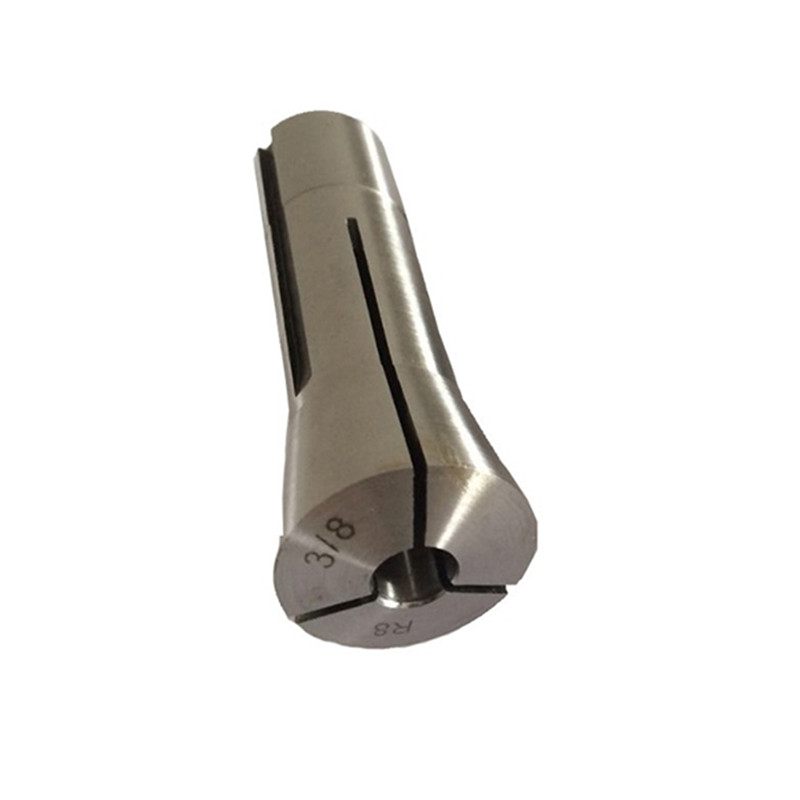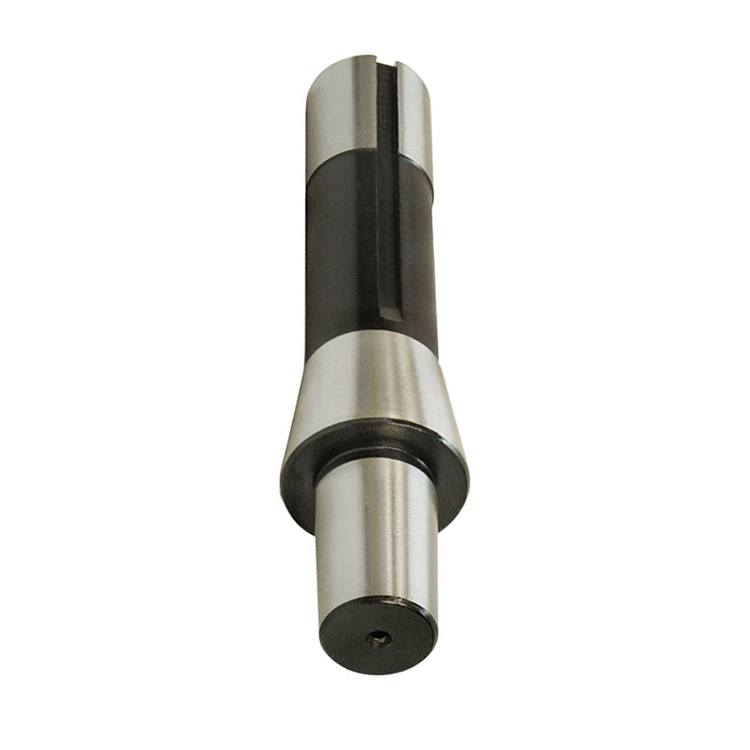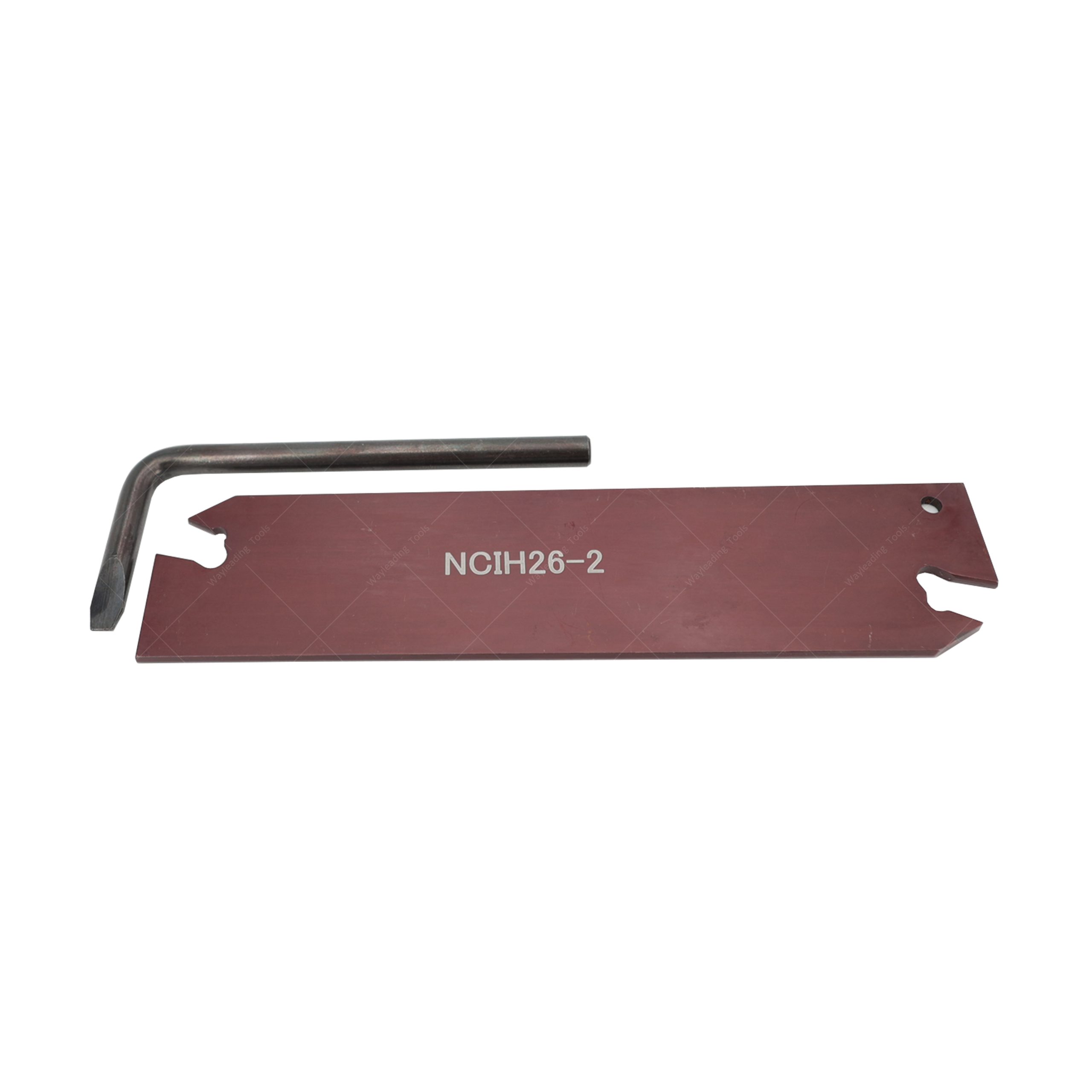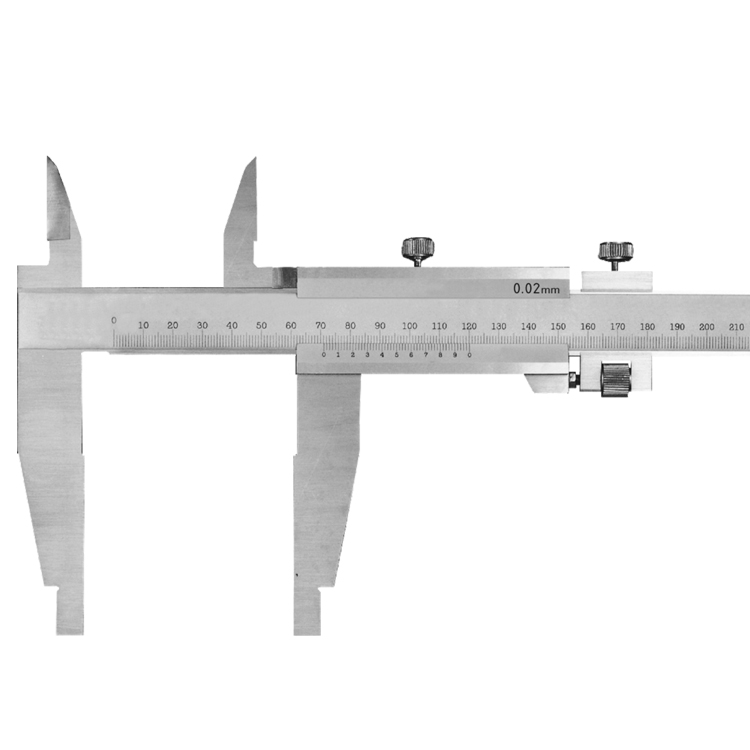Rotary burr Factory
Choosing the right rotary burr factory involves understanding the types of burrs available, the materials they're made from, and the specific applications they're suited for. This guide provides comprehensive information to help you navigate the selection process, ensuring you find a manufacturer capable of delivering high-quality, durable, and precision-engineered tools for your industrial needs.
Understanding Rotary Burrs
Rotary burrs are versatile cutting tools used for deburring, grinding, carving, and shaping various materials, including metal, wood, and plastic. They are typically used with rotary tools, such as die grinders, drills, and air tools.
Types of Rotary Burrs
Different types of rotary burrs are designed for specific applications and materials. Some common types include:
- Single Cut: Ideal for heavy stock removal and producing chips.
- Double Cut: Offers improved control and produces smaller chips. Best for general-purpose applications.
- Aluminum Cut: Designed with a unique geometry to prevent loading when working with aluminum and other non-ferrous metals.
- Diamond Cut: For extremely hard materials like hardened steel, ceramics, and glass.
- Chip Breaker Cut: Reduces chatter, improves stock removal, and creates smaller chips.
Materials Used in Rotary Burrs
The material of a rotary burr greatly impacts its performance and lifespan. Common materials include:
- Tungsten Carbide: The most common material, known for its hardness, heat resistance, and ability to hold a sharp cutting edge.
- High-Speed Steel (HSS): A more affordable option suitable for softer materials.
- Diamond: Used for extremely hard and abrasive materials.
Key Considerations When Choosing a Rotary Burr Factory
Selecting the right rotary burr factory is crucial for ensuring you receive high-quality tools that meet your specific requirements. Consider the following factors:
Manufacturing Capabilities and Expertise
A reputable factory should have the necessary equipment and expertise to produce rotary burrs to your exact specifications. This includes CNC grinding machines, advanced inspection equipment, and a team of experienced engineers and technicians. Look for manufacturers like Wayleading Tools that have a long history of producing high-precision cutting tools.
Material Quality and Sourcing
The quality of the raw materials directly affects the performance and lifespan of the rotary burrs. Inquire about the factory's material sourcing practices and ensure they use high-quality tungsten carbide or other appropriate materials from reputable suppliers.
Quality Control Processes
A robust quality control system is essential for ensuring consistency and accuracy. The factory should have procedures in place to inspect rotary burrs at various stages of production, from raw material inspection to final product testing. Look for certifications like ISO 9001.
Customization Options
If you require rotary burrs with specific shapes, sizes, or cutting geometries, choose a factory that offers customization options. They should be able to work with your designs and provide prototypes for testing before mass production.
Production Capacity and Lead Times
Consider the factory's production capacity and lead times to ensure they can meet your demand and delivery schedules. This is especially important if you require large quantities of rotary burrs on a regular basis.
Pricing and Payment Terms
Compare pricing from different factories and consider the overall value proposition. While price is important, don't sacrifice quality for cost savings. Negotiate favorable payment terms that align with your budget and cash flow.
Communication and Customer Service
Choose a factory that provides excellent communication and customer service. They should be responsive to your inquiries, provide timely updates on your order, and be willing to address any concerns or issues that may arise.
Examples of Rotary Burr Applications
Rotary burrs are used in a wide range of industries and applications. Here are a few examples:
- Metalworking: Deburring, grinding welds, shaping castings, and enlarging holes.
- Woodworking: Carving, shaping, and sanding wood.
- Aerospace: Removing burrs from engine components and shaping turbine blades.
- Automotive: Porting cylinder heads, cleaning up welds, and removing rust.
- Die and Mold Making: Precision grinding and polishing of dies and molds.
Troubleshooting Common Rotary Burr Issues
Even with high-quality rotary burrs, you may encounter some common issues. Here are some troubleshooting tips:
- Chattering: Reduce the speed of the rotary tool, use a more rigid setup, or switch to a different cut style.
- Loading: Use a rotary burr specifically designed for the material you're working with (e.g., an aluminum cut burr for aluminum).
- Premature Wear: Ensure you're using the correct type of burr for the application and avoid excessive pressure.
- Breakage: Avoid bending or twisting the burr during use. Use a collet that is properly sized for the burr shank.
Case Study: Selecting Wayleading Tools as a Rotary Burr Supplier
A leading automotive manufacturer needed a reliable supplier of high-quality tungsten carbide rotary burrs for porting cylinder heads. They chose Wayleading Tools after evaluating several factors, including their:
- Extensive experience: Over 10 years of experience in manufacturing precision cutting tools.
- Advanced manufacturing capabilities: State-of-the-art CNC grinding machines and inspection equipment.
- Customization options: Ability to produce custom shapes and sizes to meet specific requirements.
- Competitive pricing: Offering a balance of quality and affordability.
The automotive manufacturer was impressed with the quality of Wayleading Tools' rotary burrs, their ability to meet delivery deadlines, and their excellent customer service. They have since established a long-term partnership with Wayleading Tools as their primary supplier of rotary burrs.
Conclusion
Choosing the right rotary burr factory is an important decision that can significantly impact the quality, performance, and cost-effectiveness of your operations. By carefully considering the factors outlined in this guide, you can find a manufacturer that meets your specific needs and provides you with high-quality rotary burrs for years to come.
Disclaimer: The information provided in this article is for general informational purposes only and does not constitute professional advice. Always consult with qualified experts for specific applications.
Source: Information about the features of different types of rotary burrs and their materials are based on general industry knowledge and common practices in metalworking and woodworking. Specific performance characteristics may vary depending on the manufacturer and the specific product.
Related products
Related products
Best selling products
Best selling products-
 Inch ER Collets With Hight Precision Milling
Inch ER Collets With Hight Precision Milling -
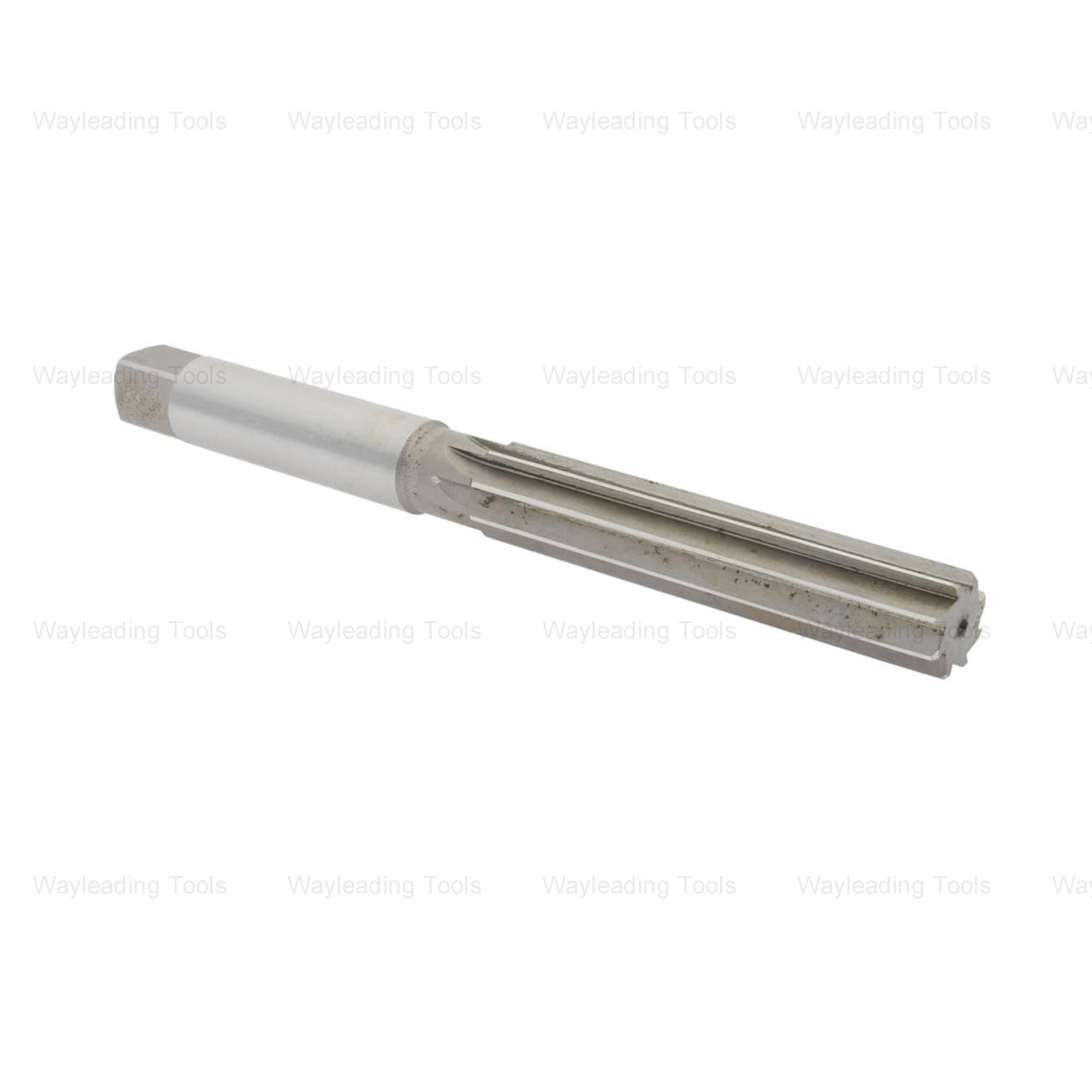 HSS Hand Reamer
HSS Hand Reamer -
 HSS ISO Metric Round Die Wieh Splite Or Adjustable Splite Type
HSS ISO Metric Round Die Wieh Splite Or Adjustable Splite Type -
 9PCS Broken Tap Extractor Set With Storage Box
9PCS Broken Tap Extractor Set With Storage Box -
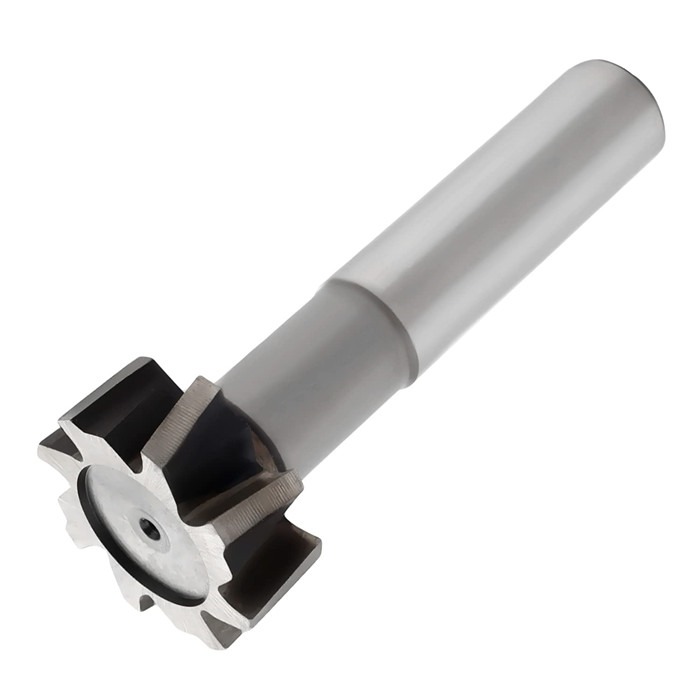 HSS Metric & Inch T Slot End Mill For Industrial
HSS Metric & Inch T Slot End Mill For Industrial -
 Stub Milling Machine Arbor With NT, R8 and MT Shank
Stub Milling Machine Arbor With NT, R8 and MT Shank -
 Precision Vernier Caliper With Nib Style Jaws Of Metric & Imperial For Industrial
Precision Vernier Caliper With Nib Style Jaws Of Metric & Imperial For Industrial -
 Type H Flame Tungsten Carbide Rotary Burr
Type H Flame Tungsten Carbide Rotary Burr -
 BT-ER Collet Chuck
BT-ER Collet Chuck -
 Precision 7pcs Angle Blocks Set With High Quality Type
Precision 7pcs Angle Blocks Set With High Quality Type -
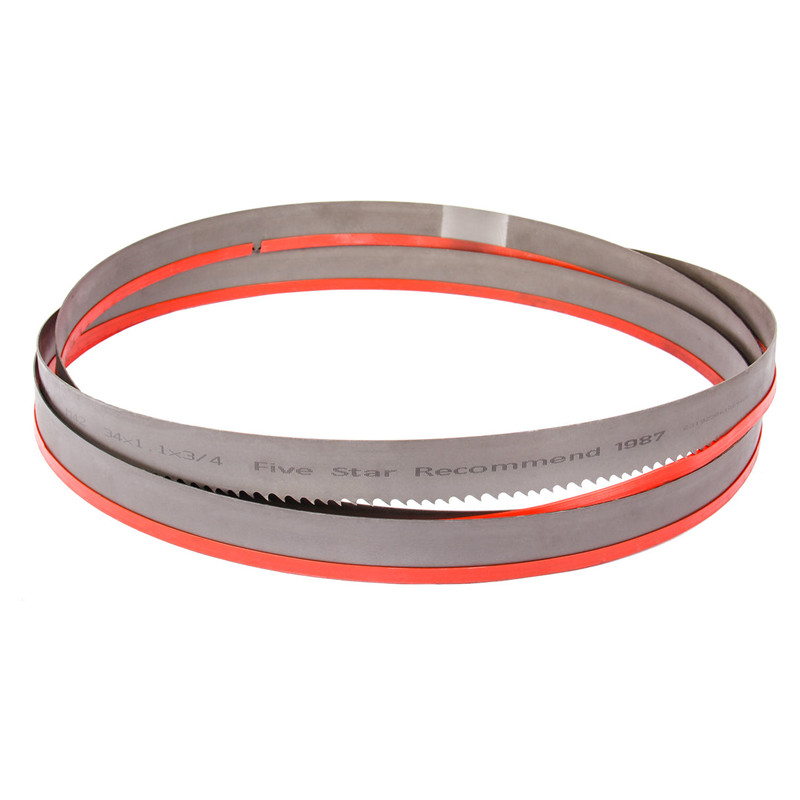 M51 Bi-Metal Bandsaw Blades For Industrial Type
M51 Bi-Metal Bandsaw Blades For Industrial Type -
 Precision Outside Micrometer With digit Counter Of Inch & Metric With Rachet Stop
Precision Outside Micrometer With digit Counter Of Inch & Metric With Rachet Stop

